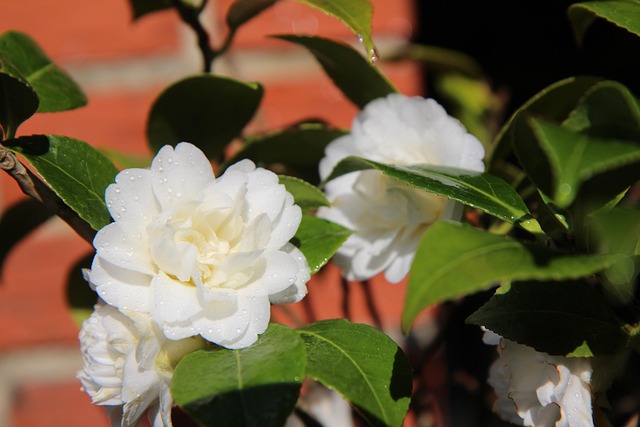Exploring the Diversity of Birthday Celebrations Across Religions
Birthdays are a universal concept, providing a moment to celebrate life and reflect on our journey through the years. While the core idea of marking the anniversary of one’s birth exists across various cultures, the way this occasion is celebrated can be profoundly influenced by religious beliefs and traditions. In this blog post, we’ll explore how different religions observe birthdays, highlighting the unique customs and the shared joy of marking another year.
Christianity: A Day of Reflection and Gratitude
In many Christian communities, birthdays are celebrated as a gift from God. The day is often marked with family gatherings, prayer, and expressions of gratitude. Some may attend church services, where they reflect on their lives and seek blessings for the year ahead. The sharing of a cake and singing “Happy Birthday” are common practices, often accompanied by heartfelt wishes for health and happiness.
Judaism: Significance of Milestones
Jewish traditions celebrate birthdays with a keen sense of spirituality. While every birthday is marked, significant milestones such as the 13th birthday (Bar Mitzvah for boys) or the 12th birthday (Bat Mitzvah for girls) are particularly important, symbolizing the transition into adulthood. These celebrations involve family, friends, and community, often accompanied by prayers and readings from the Torah as blessings are invoked for the young adults stepping into a new chapter of life.
Hinduism: Birthdays as Ritual Observances
In Hindu culture, a birthday is significant, often seen as a time for spiritual renewal and reflection. Hindu families may perform puja (prayer rituals) dedicated to the deities. Rituals may include offering food and flowers to gods, seeking blessings, and chanting mantras. Traditionally, the person celebrating their birthday will also engage in acts of charity, sharing their blessings with others to create positive karma for the year ahead.
Buddhism: Mindfulness and Gratitude
In Buddhism, birthdays are often seen as an opportunity to practice mindfulness and express gratitude for life itself. Celebrating a birthday may not involve grand festivities; rather, it can be a quiet day devoted to reflection, meditation, and acts of kindness. Many Buddhists may spend their birthdays helping others, reinforcing the belief that happiness comes from giving and compassion.
Islam: A Day of Humble Reflection
While Islamic tradition does not emphasize the celebration of birthdays as much as others, many Muslims still acknowledge their birthdays. The day may be observed through prayer (dua) and reflection on one’s life and purpose. Celebrations can occur within family circles, where the focus is on gratitude and recognition of life’s blessings rather than extravagant festivities.
Secular Celebrations: A Blend of Traditions
In many modern contexts, particularly in secular societies, birthdays have evolved into a blend of cultural and individual expressions. The celebration often includes cake, parties, balloons, and special gifts, regardless of religious background. This merging of traditions reflects a universal human experience—the joy of celebrating life and the bonds that unite us.
No matter the religious or cultural background, birthdays serve as a cherished opportunity to connect with loved ones, express gratitude, and celebrate the precious gift of life. These diverse celebrations offer a glimpse into the rich tapestry of human experience, reminding us that while our beliefs may differ, the joy of celebrating another year is a sentiment we can all share.




